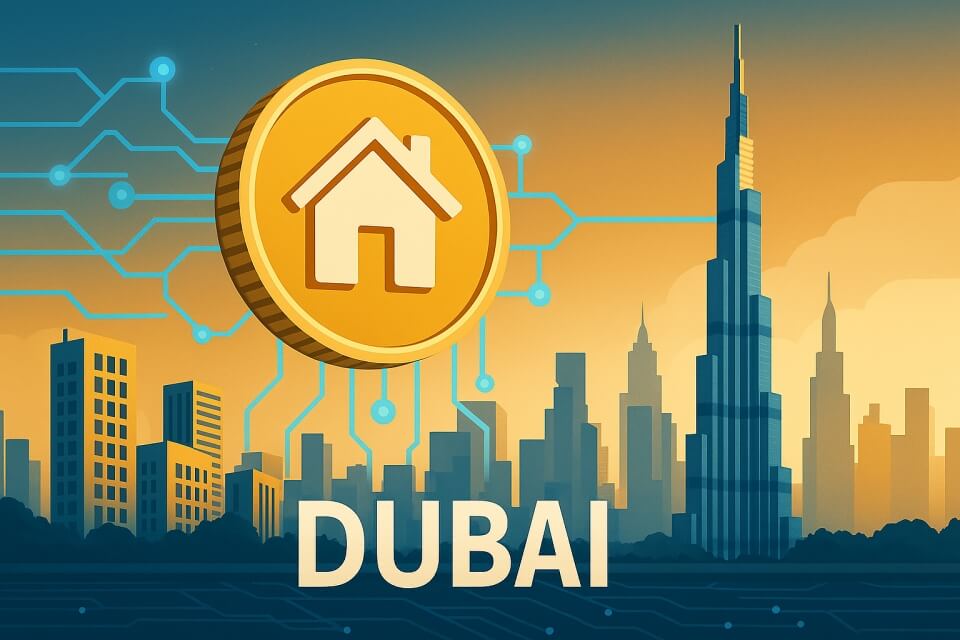المدونة القانونية
Smart Legal Contracts
Smart Legal Contracts aim to increase efficiency, transparency, and security in contract execution by automating certain processes and reducing the need for intermediaries. They are designed to be legally enforceable like traditional contracts, but may require specific legal frameworks to address unique aspects such as code interpretation, liability, and dispute resolution. Smart Legal Contracts are like regular contracts, but they're written in a special digital language and stored on a blockchain or similar technology.
Since Smart Legal Contracts are stored on decentralized platforms like blockchain, the terms of the contract and all actions taken under it are publicly recorded. This immutability increases trust among parties, as all participants can independently verify the execution of the contract. For example, in a real estate transaction, a Smart Legal Contract could automate the transfer of property ownership upon receipt of payment. All parties (buyer, seller, and regulatory authorities) can observe the transaction on the blockchain.
Once the buyer deposits the payment, the contract verifies it and initiates the title transfer automatically. Therefore, SLC will enhance transparency and reduce reliance on third-party escrow services.
The Legal Status of Smart Contracts
The legal recognition of Smart Legal Contracts is paramount for their practical implementation and widespread acceptance within commercial transactions, as it establishes a foundation of enforceability and legal certainty necessary for the execution of electronically manifested agreements. Such recognition ensures that SLCs, which are self-executing agreements with the terms encoded within computer programs, are treated as legally binding instruments, thus providing parties with the requisite assurance regarding the performance of their contractual obligations.
This legal framework cultivates an environment of trust, mitigating counterparty risk and potential fraud, while simultaneously delineating the rights and responsibilities of the involved parties.
Furthermore, the integration of SLCs within established legal systems enhances regulatory compliance by facilitating alignment with prevailing statutory and regulatory requirements across various jurisdictions, particularly in highly regulated industries such as financial services and healthcare.
The harmonization of laws governing Smart Legal Contracts fosters a consistent legal landscape that is conducive to cross-border transactions, effectively reducing legal ambiguities that could hinder international commerce. Additionally, the recognition of Smart Legal Contracts serves to eliminate the necessity for intermediaries, thereby streamlining contract execution processes and minimizing transaction costs associated with traditional contract management.
Further, by promoting interoperability between blockchain systems and other emergent technologies, legal frameworks can promote the development of standardized protocols that enhance the functionality and accessibility of Smart Legal Contracts.
Moreover, the integration of technology into the legal and financial sectors has significantly transformed traditional contractual practices. Among the most prominent innovations is the rise of SLCs' self-executing agreements encoded in computer programs, built primarily on blockchain technology. These contracts hold immense potential to revolutionize the efficiency, transparency, and security of legal transactions. However, the widespread adoption of such contracts is dependent on the legal frameworks that recognize and regulate them.
Legal frameworks around the world are beginning to recognize Smart Legal Contracts. The United Arab Emirates legal system provides a foundation for the legal status of SLCs and demonstrates a forward-thinking approach toward technological advancements in the legal space.
The UAE, particularly Dubai, has positioned itself as a global hub for blockchain and fintech innovation, introducing various initiatives to embrace SLCs within government and commercial operations.
The Legal Recognition of Smart Legal Contracts in the United Arab Emirates
In the United Arab Emirates (UAE), the legal recognition of SLCs is grounded in the existing legal framework that traditionally governs contracts, including the UAE Civil Code of 1985 and its amendments, the Commercial Transactions Law, and the Electronic Transactions Law. These legislative instruments provide the foundation upon which SLCs, or "blockchain-enabled Smart Contracts," are recognized as legally binding and enforceable agreements within the UAE. By aligning Smart Legal Contracts with the well-established principles of contract law, the UAE ensures that these digital agreements are treated similarly to conventional contracts.
In recent years, the UAE has made concerted efforts to establish itself as a global leader in the adoption of blockchain technology. Smart Legal Contracts form a critical aspect of this vision, with the government promoting their use across various sectors of the economy. Their application is particularly promising in key industries such as real estate, finance, transportation, and logistics, where the automation and efficiency provided by Smart Legal Contracts are expected to yield significant operational benefits.
Under the current UAE legal framework, Smart Legal Contracts are not only recognized but are also enforceable in the same manner as traditional contracts. The adaptability of existing laws and regulations allows for the seamless integration of smart contracts into the legal system. Core legal principles, such as consent, offer and acceptance, and mutual consideration, continue to apply, ensuring that Smart Legal Contracts meet the fundamental requirements of a valid contract under UAE law. This adaptability highlights the UAE's commitment to fostering a legal environment that is supportive of technological innovation while maintaining legal certainty and enforceability.
The UAE's legal system has been further strengthened through the enactment of specific laws designed to support the development and application of SLCs. These legislative advancements include the UAE Electronic Transactions and Trust Services Law 2021, which provides a comprehensive legal framework for electronic contracts and digital signatures, and the Evidence Law of 2022, which recognizes electronic records and data as admissible evidence in legal proceedings. Other legislative updates, such as the Civil Procedures Law of 2022, the Arbitration Law of 2018, and the Dubai Virtual Assets Law of 2022, reflect the UAE's forward-looking approach to regulating the evolving technological landscape.
These developments underscore the UAE's strong and adaptable legal system, which is well equipped to support the increasing prevalence of Smart Legal Contracts in both public and private sectors. By providing a solid legal foundation and continuing to update its laws in line with technological advancements, the UAE is paving the way for the widespread adoption and legal recognition of SLCs, positioning itself as a global leader in this transformative area of law.
By:
Abdulhamid Albalooshi | Abdulhamid Yousuf Albulooshi Advocates & Legal Consultants

هذا المنشور لعرض المعلومات العامة فقط، ولا يهدف لتقديم استشارة قانونية شاملة أو أي نوع آخر من الاستشارات.
لا تتحمل شركة ليجال أدفايس ميدل إيست والمساهمون مسؤولية أي خسائر قد تنجم عن الاعتماد على المعلومات المذكورة في هذا المنشور. هذا المنشور يهدف فقط إلى الإشارة إلى المسائل القانونية التي تحتاج إلى طلب الاستشارة بشأنها.
لا بد من الحصول على استشارة قانونية شاملة في الوقت المناسب من خلال محامٍ كفء عند التعامل مع مواقف معينة.





